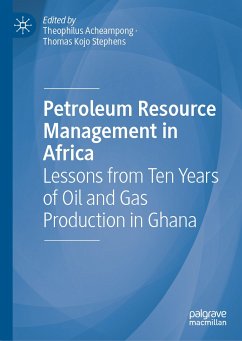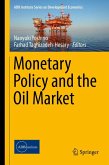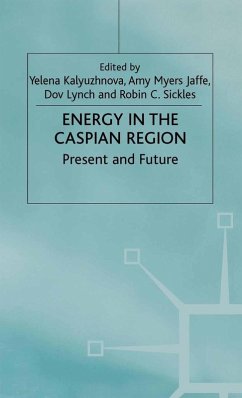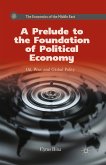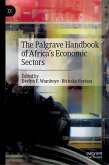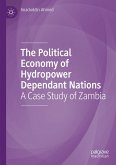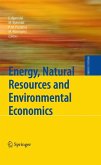Petroleum Resource Management in Africa provides policymakers, industry and academia with a comprehensive distillation and synthesis of the operational context and the lessons learned from ten years of oil and gas in Ghana. At the same time, the findings in this book are articulated into a comprehensive series of core recommendations that serve as an international reference on Africa's upstream oil and gas industry. It will be of interest to anyone interested in resource and development economics.
Theophilus Acheampong is Associate Lecturer and Honorary Research Fellow at the Aberdeen Centre for Research in Energy Economics and Finance (ACREEF), The University of Aberdeen, and also an Associate Lecturer at the Centre for Energy, Petroleum and Mineral Law and Policy (CEPMLP), The University of Dundee. He is also co-Founder of the iRIS Research Consortium, and a non-resident Senior Fellow at Ghanaian Think Tank IMANI Centre for Policy and Education, all based in Accra, Ghana.
Thomas Kojo Stephens is a Senior Partner at Stobe Law in Accra, Ghana, and the Head of the Transactional, Oil and Gas Practice, as well as the Consultancy Group of the firm. He is an Advisory Board Member of the International Energy Law Advisory Group (IELAG), a Principal Trainer at the International Energy Law Training and Research Company (IELTRC), and a former Vice-Chairman of Ghana's Public Interest and Accountability Committee (PIAC), a statutory body with oversight over the use of Ghana's petroleum revenue. He is also a Senior Lecturer at the University of Ghana School of Law.
Dieser Download kann aus rechtlichen Gründen nur mit Rechnungsadresse in A, B, BG, CY, CZ, D, DK, EW, E, FIN, F, GR, HR, H, IRL, I, LT, L, LR, M, NL, PL, P, R, S, SLO, SK ausgeliefert werden.

